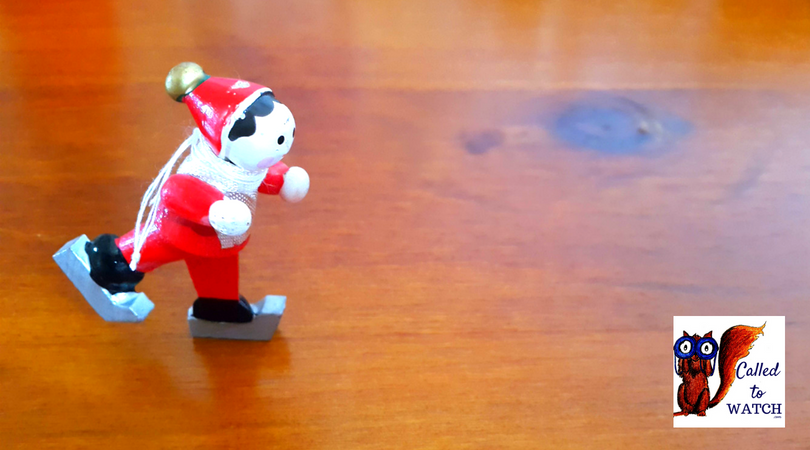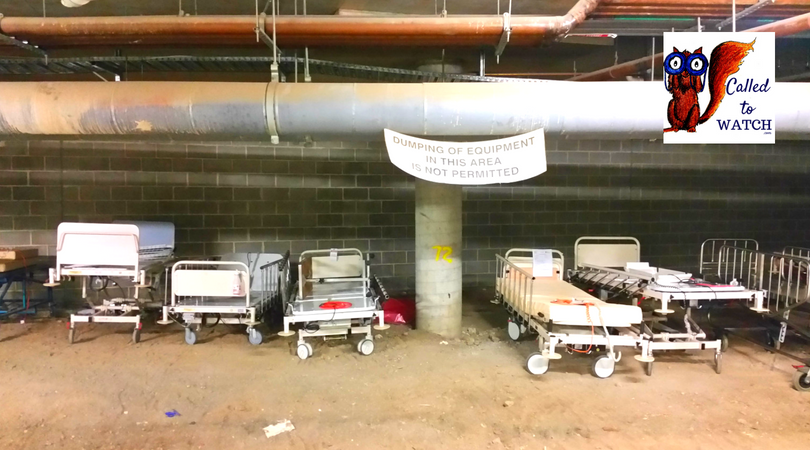I hate my chronically ill family member
Have you ever thought the above sentence? Maybe not in those words. Substitute ‘hate’ for one of these:
Dislike
Frustrated at
Disapprove of
Am annoyed at
Would like to strangle
Does the sentence ring true for you now? Has it ever? If so, this post is for you.
We all live in relationship with other people.
It’s different though, when one of the members of the relationship is always sick. Whether it’s our spouse who is constantly hurting, or our sibling who is often in pain, it makes the relationship difficult.
It can mean their ability to engage in social niceties is limited. Often it means we can’t simply leave them whenever we want – there is no ‘space’ or ‘time out’ in our relationship.
Often this is okay. Other times it’s just too much. And there are some days where we can’t stand the sight of our chronically ill loved ones.
We feel like we are about to explode in frustration or annoyance. Our reservoirs of sympathy have dropped to critical level and we just want to grab them and shake them – or yell, wave our arms and leave.
With no plans to return.
But then we feel guilty. We are absolutely awful people. How can we possible get angry at someone who is sick? How can we stand and yell at someone whom society tells us is more vulnerable than ourselves?
After these thoughts, it’s easy for our frustration to double.
It’s not fair.
Why are other people allowed to have fights with their partner but we can’t? This sickness, it gets in the way of everything. There’s no release for our emotions.
You can’t run away from chronic illness – Tweet!
Continue reading “I think I hate my chronically ill family member”









